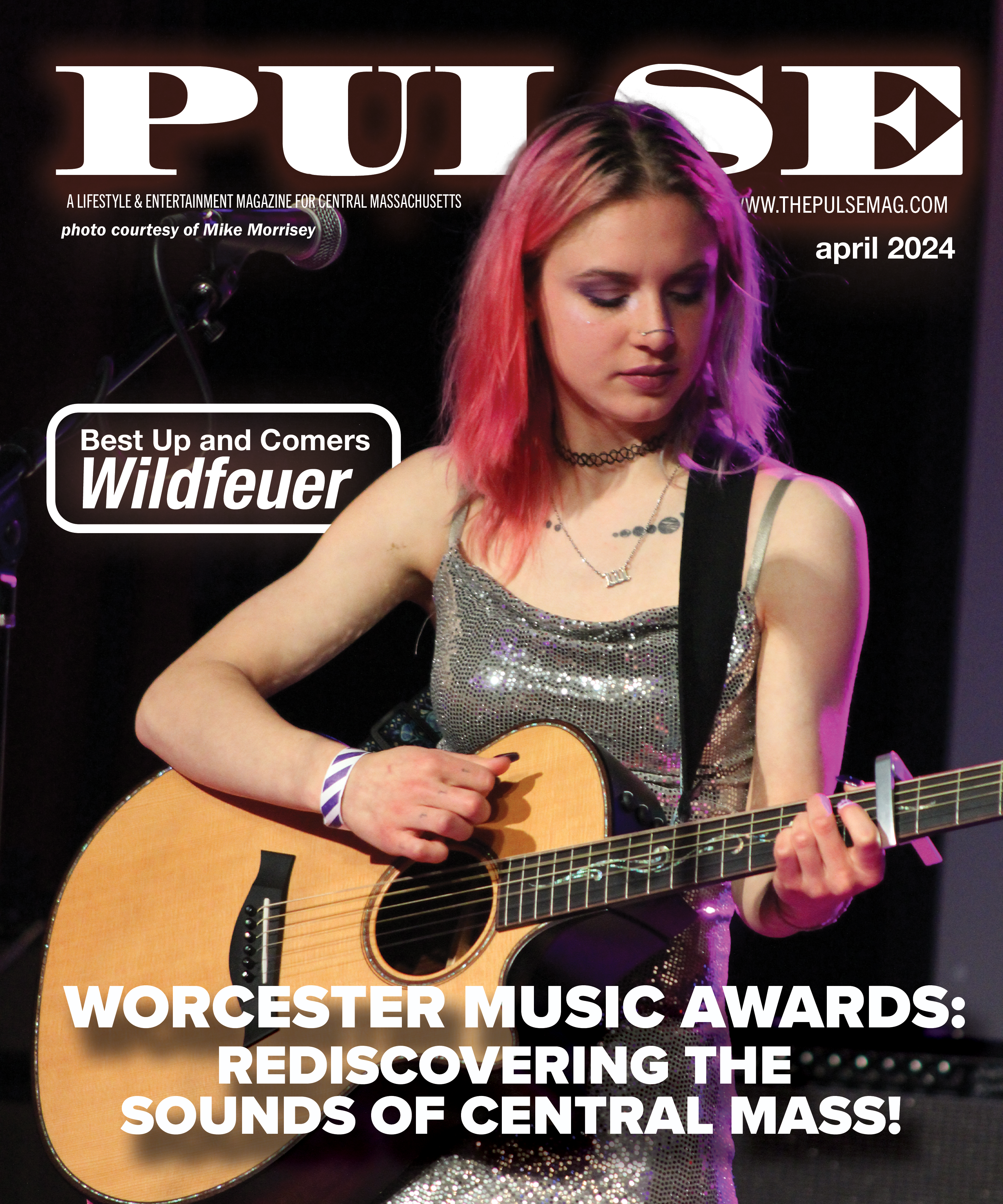CLUTCH ~ The Future and Savior of Rock and Roll
By Jillian Locke

“Bonafide man of action! How you like that? You can’t stop, you can’t stop progress!” These lines provide the chorus for the explosive “You Can’t Stop Progress,” the opening track on Clutch’s 2007 release ‘From Beale Street to Oblivion.’ I wonder if front man Neil Fallon realized how succinctly he summed up Clutch’s musical career. Riff heavy, with that signature Clutch swing that all who know Clutch have come to not just love, but crave, “Beale Street” is yet another gleaming example of why this Baltimore, MD rock and roll powerhouse ~ guitarist Tim Sult, drummer Jean-Paul Gaster, bassist Dan Maines, and organist Mick Shauer ~ has continued to grow into the hardest working band of this past decade, accruing a following of faithful “Gearheads” that could put some Deadheads to shame. I had the utmost honor of speaking with Neil Fallon during his off-time between tours. Here’s what the bearded visionary had to say.
‘From Beale Street to Oblivion’ moved into a bluesier direction than previous albums. Was it intentional, and can fans expect more blues on the next album?
We never go into recording an album with a pre-conceived idea, we just follow our gut instincts. Mick on the Hammond organ sonically adds blues element, and I started playing more blues guitar. Eric [Oblander] has been playing harmonica, which adds a bluesy feel. It’s not blues, but it has the vibe. Next record won’t necessarily be bluesier just because the last record was. We tend to rebel in the complete opposite direction.
Rather than digital recording with this album, you went back to the roots, almost four track style. Why the shift?
Our favorite records from Black Sabbath and Led Zeppelin were all recorded in about two weeks on a four track. We kind of found the digital thing started to turn into a crutch, and it’s a slippery slope. “Blast Tyrant” and “Robot Hive/Exodus” were cut almost entirely digitally. Performances can suffer because you because a slave to the click. I think digital recording is good for writing, but for recording, perfection is really boring. It’s the imperfections that make it interesting.
I heard you’re recording a new album soon?
We’re going to spend the next five to six months writing and recording, so we should have something out in late Spring/early Summer. About nine months.
Let’s address the Science vs. Religion theme throughout your albums. Is there a message you’re trying to get across, or is it something that comes out unconsciously?
It’s definitely unconscious. I mean, my opinion changes with what side of the bed I wake up on. If you’re writing fiction, your personality comes out as well as your preoccupations. I feel I put enough meat and potatoes into the lyrics, but don’t make them so strict that someone can’t come up with their own interpretations. I always approach it as fiction.
You have incredibly complex and cryptic lyrics, and you make a lot of mythological references. What’s the thought process there?
Mythological figures imbue work with a lineage of meaning, even though the meaning isn’t entirely clear. I could reference Medusa, and you’d have a whole back story to work with. I approach every song with a story-writing perspective. Politicians, religious figures, they’re all fodder to make a vignette about something. It’s all about the balance between the sounds and meaning of words, and the interplay between them creates the lyrics.
You’ve recently been featured on “Ace of Cakes,” Duff Goldman’s show on Food Network. What’s the connection there?
My sister Mary Alice. She’s on the show ~ the front desk person. She went to college with Duff and was working at his bakery. Actually, one of the first cakes Duff made was for my wedding. My wife and I got married in Colorado in 1999, and since we were alpines all around us, we had a multi-tiered cake with insects and flowers all over it, like dragonflies and ladybugs. It kind of looked like an acid trip.
You usually stay with a record label for two albums, and go to another one. Why is that?
We have a three album contract with DRT Entertainment, and “Beale Street” was the third one. I don’t really know what we’re doing for the next album. The music industry has changed quite a bit since we started. Major labels want to sell platinum albums, and that’s not what we were making. I think we swindled them more than they swindled us! We’ve become more self-sufficient because of this, more like free-agents.
So why don’t you just put out records on yourselves?
Well we have our own label, River Road, and we release albums on it between deals, like “Slow Hole to China.” With your own label, there’s a huge profit margin, and you have complete control. But you don’t have advertising or booking agents that major labels do. Who knows, with MP3’s and shared files, the next record we put out could be completely digital.
You recorded “Beale Street” with producer Joe Barresi, who has also worked with the Melvins, Kyuss and Tool among others. Was this one of your best recording experiences?
Oh definitely. We walked into the studio, and within an hour, we felt like we knew each other forever. He’s a real chill guy, just let us do what we wanted. He didn’t try to fit a square peg into a round hole.
Has anyone ever told you that you sound like a gospel preacher?
Ha ha, yeah, I’ve actually heard that a few times. I don’t know, maybe in a past life I was. I think my sound is just a reaction to self-teaching, and I’ve always liked that delivery. It’s like a lot of the blues I listen to, and Tom Waites.
And in honor of our Fashion Issue:
What do you ask a guy whose been wearing the same outfit for 20 years about fashion? You wear cargo pants, a t-shirt, and chuck’s everyday. And good for you for still rockin’ the wallet chain.
Ha ha, thanks. Actually…that’s exactly what I’m wearing right now. But I have argyle socks on.
What color are they?
Green, orange, a few other colors. I don’t know, I just wear what I wear. I don’t want to be a walking billboard for anyone.
“Where I’m headed, I don’t know. Down this path, we all go. Grace and luck, blood from stone.” On the albums third track, “The Devil and Me,” Fallon again so well sums up the day-by-day, path of life-and-chance mentality that Clutch has so respectfully and unassumingly stepped up to the plate to represent, whether they realize it or not. What else could keep a band plowing steadily ahead for sixteen plus years with such underground success? Clutch has solidified themselves as staples of the down and dirty rock community, and there’s no sign (thank goodness!) of these workhorses throwing down the reins any time soon. Witness the phenomenon as they open with Fall of Troy for Coheed and Cambria at the Palladium, November 27th.
www.myspace.com/clutchband
www.pro-rock.com
www.thepalladium.net








